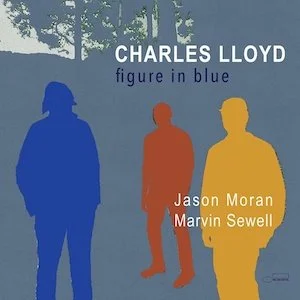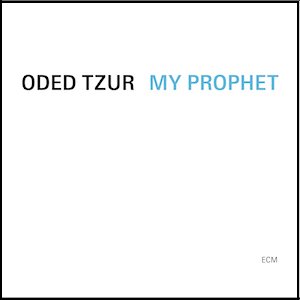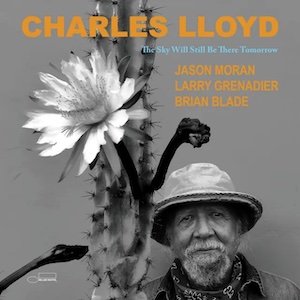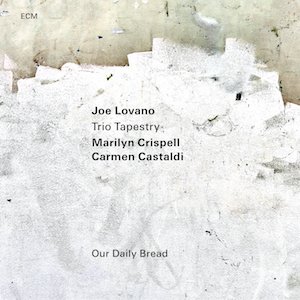Label: Intakt Records, 2025
Personnel - Stephan Crump: bass; Eric McPherson: drums; Darius Jones: alto saxophone.
Bassist Stephan Crump and drummer Eric McPherson, two of jazz’s most forward-thinking rhythmists, form the core of the Borderlands Trio alongside pianist Kris Davis. After three acclaimed albums with that group, the pair decided to continue their collaboration, this time summoning powerhouse alto saxophonist Darius Jones—a central figure in New York’s avant-garde scene known for fusing modern expressiveness with old-school improvisational spirit. Together, they form Otherlands Trio, an improvisation-centered ensemble whose elliptical and sectional journeys yield revelatory musical discoveries. Star Mountain, their debut, features five tracks—two expansive (of approximately 15 minutes) and three concise explorations.
“Metamorpheme” opens with a spiritual, modal energy—you can call it whatever you want: prayer, lament, supplication, or invocation—that immediately reaches the heart and uplifts the spirit. Crump’s commanding arco and pizzicato work resonates with depth, unfolding in double-stops, pedal points, and supple grooves. McPherson, deeply attuned to the music’s pulse, crafts a flowing tapestry of rhythmic dialogue, while Jones emerges as an instinctive explorer, often shaping tension in the form of motivic discussions. The trio’s rhythmic shifts captivate throughout, and the piece concludes in a dance-inflected flourish.
McPherson’s deft cross-stick work animates both “Lateral Line” and “Diadromous”. The former concludes in with multiphonic mode complemented with bass bites and pitched saxophone squeaks for an abstract atmosphere; the latter pulses with athletic bass funkiness, propelling Jones into high-flying solos that, by turns, channel Coltrane, Fred Anderson, and Dewey Redman.
On the shorter “Instared”, Jones tests the upper limits of his horn while Crump anchors the sound with earthy resonance and McPherson envelops it all in hypnotic percussion. “Imago” glows with the trio’s spontaneous chemistry—martial snare attacks, impeccably harmonized bass fluxes, and the saxophone climbing and descending mountainous phrases with an authoritative sequence of notes. The trio engages in an accelerando, creating a wonderful sense of displacement before returning to the modal avant-garde context. It ends with rippling bass oscillations and loping drums.
Each member of Otherlands Trio brings a fully realized musical identity to the group, united in a collective pursuit of freedom that transforms raw improvisation into vivid, finely textured sonic canvases.
Favorite Tracks:
01 - Metamorpheme ► 03 - Diadromous ► 05 - Imago
























